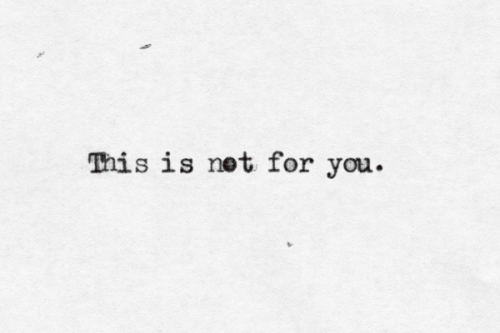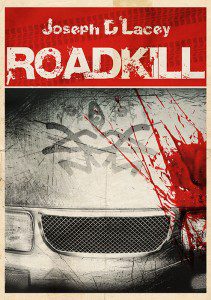I recently finished
The Ritual by Adam Nevill, a horror novel set, to quote the blurb, in "the Scandinavian wilderness of the Arctic Circle". It's a fine novel, albeit one that I felt lost a bit of steam in its second half. It's also a very
pure horror novel too: it's essentially about a group of friends lost in the woods, with 'something' stalking them. Even more essentially, it's a book about the fear of death.
That might sound a trite, even pointless description - aren't
all horror novels about the fear of death? After all, what else is there actually to be afraid of, underneath? Maybe that's true, but it's surprising how many horror books and films pussyfoot around the issue. Very few put us inside the head of someone facing death for any length of time. The gory kills, the entrails and innards spilt in the worst horror films and fictions actually seem a distraction, a sensationalist focusing on the
external side of death. The real horror is inside.
The Ritual dares to show us the thoughts of someone who believes they are going to die for a very long time. The sense of dread, of hopelessness, is almost palpable and is as scary as anything I've read for a long time.
Maybe the starkness of the wilderness setting increases this feeling. After all, the central characters are in a hell of a mess before the supernatural element really makes itself known. They are lost, wet, alone, running out of food and a couple of them are injured, slowing the group down. They're suffering that modern dislocation that comes when suddenly, somehow in the middle of our routine lives we can be mortally in danger: they were on
holiday for Christ's sake, and now this... But theirs is also an ageless fear, too: the fear of being lost in the woods.
It's the same fear Stephen King plays on in
The Girl Who Loved Tom Gordon - one of his best books I think, because it's so simple: the titular girl is also lost in the woods and scared she's not alone. It's a very different book, both in terms of plot and tone, to
The Ritual but there's a similarity there. As there is with
The Terror by Dan Simmons, another book where the horrors of the Arctic wilderness the characters can't escape (stranded this time, rather than lost) almost seem to dwarf the supernatural element of the plot.
So why, we might ask, do these books even
need a monster - is it a mere sop to the horror audience? A set of stabilisers that these writers can't write without?
Well no, I don't think so. I think it's important to the effect of these stories, and
The Ritual in particular, that the 'thing' is barely described, a shadowy but constant presence at the characters' backs. No matter how far they walk, it keeps pace with them; no matter where they hide it seeks them out. It's like Death itself, in fact. Not so much a symbol, but an externalisation of the character's plight.
But, these being stories, the monster can also be evaded, fought off- temporarily and at great cost it can be defeated. Sometimes we can make it out of the wilderness, of the woods we have got lost in. Despite a sense of hopelessness as great as any I've encountered in a novel, there are brief moments of respite in
The Ritual, of light and hope. But I won't give the game away about whether they are ultimately groundless or how the novel ends - this really is one you need to read yourself.
The Ritual (
UK |
US)








